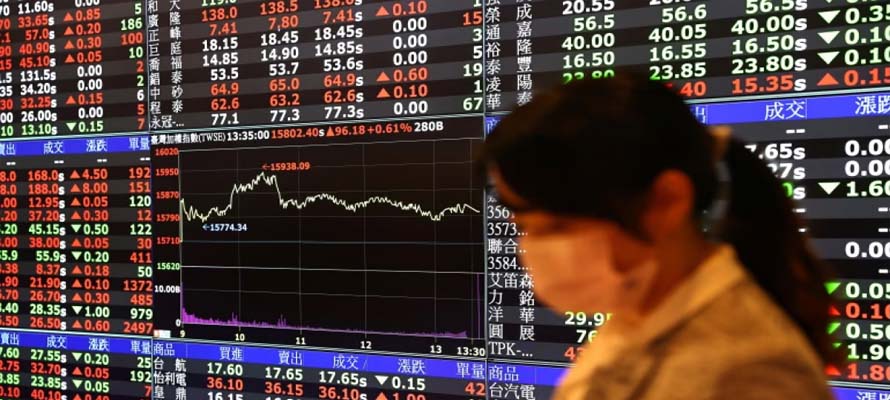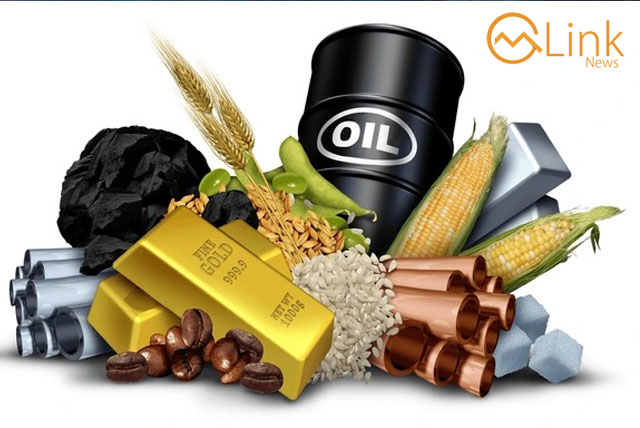May 16, 2019: The country has imported around 13.3 million ton (mt) different petroleum products during the last fiscal year to meet its ever-growing energy needs.
Out of which, the private sector companies imported around 38 percent petroleum products including High Speed Diesel (HSD), High Sulphur Fuel Oil and Low Sulphur Fuel Oil (HSFO/LSFO), Jet Fuel, Motor Gasoline (Mogas), RON (Research Octane Number) 95 and 97 under testing mechanism notified by OGRA, according to the official data available with APP.
During the period, around 13,343,737 metric ton (mt) petroleum products were imported from nine countries including United Arab Emirates (UAE), Oman, Kuwait, Saudi Arabia, Singapore, Malaysia, Netherlands, Belgium and Norway.
Around 3,845,272 mt HSD, 4,247,374 mt HSFO/LSFO, 236,538 mt Jet Fuel, 5,014,553 mt Mogas/RON-95/RON-97 was imported from these nine countries.
During the period, Pakistan imported 8,502,752 mt petroleum products from UAE, 1,070,193 mt from Oman, 2,078,882 mt from Kuwait, 182,574 mt from Saudi Arabia, 170,423 mt from Singapore, 127,496 mt from Malaysia, 1,064,206 mt from Netherlands, 89,355 mt from Belgium and 57,856 mt from Norway.
The Oil and Gas Regulatory Authority (OGRA), being a watchdog, purses an effective policy regarding sampling and testing of the imported petroleum products for onward distribution in every nook and cranny of the country.
Under the policy, the imported petroleum products, conforming to the approved specifications notified by the Petroleum Division, are allowed to use in the country.
According to the official document, the quality of the product for all importers is tested by Hydrocarbon Development Institute of Pakistan (HDIP) laboratories prior to unloading from oil carrying vessels. Sampling of each imported product is carried out by the HDIP in the presence of importers’ surveyors.
In case of any quality dispute, if the sample testing by the HDIP fails, re-sampling is made by the third-party surveyor in the presence of authorized representatives of concerned stakeholders including HDIP.
The fresh sample is tested in the presence of nominated representatives of the importer and HDIP by another independent laboratory, pre-approved by the OGRA, and this test is considered ‘final and binding.’
The OGRA also independently carries out random sampling from vessels carrying imported petroleum products for testing through any of the approved laboratories for effective monitoring, quality assurance and greater transparency in the process.
The HDIP is advised to coordinate with oil marketing companies to initiate sampling of imported petroleum products along with subsequent testing in the presence of importers’ surveyor and report to the authority within seven days.
(APP)
28011







